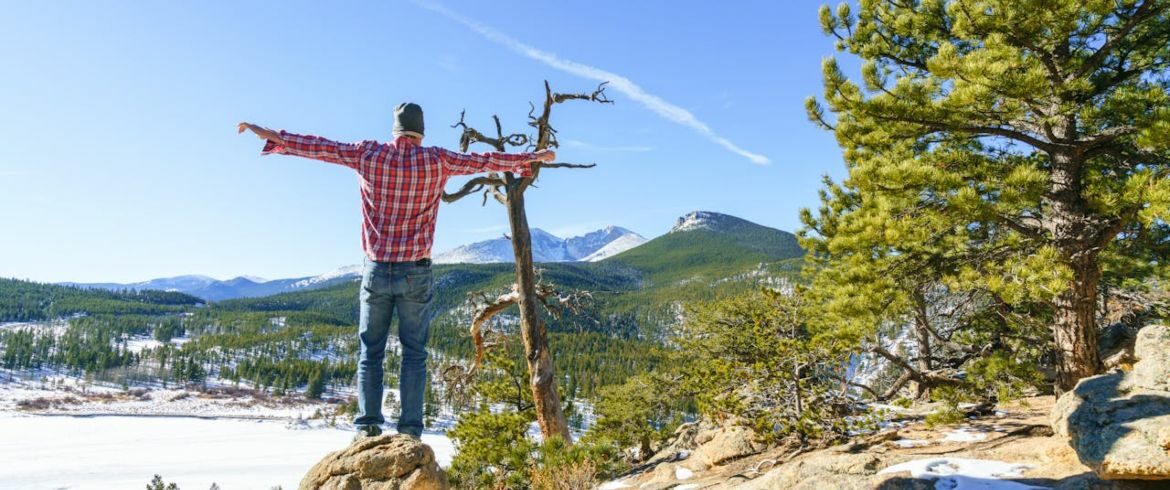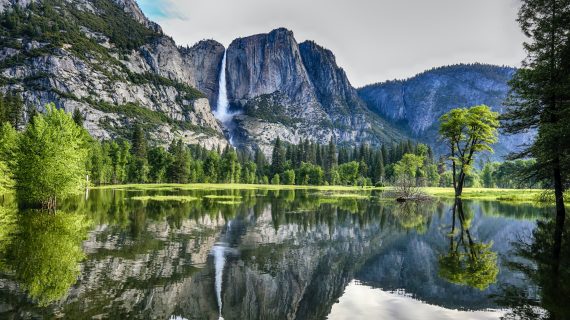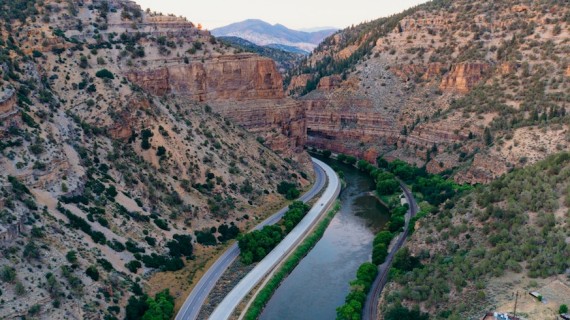Colorado’s vast wilderness and natural beauty make it a dream destination for those seeking a simpler, more sustainable lifestyle. Living off the grid in Colorado offers the perfect blend of independence and connection to nature, allowing you to escape the demands of modern utility systems. With abundant sunshine, clean water sources, and supportive communities, the state provides everything you need to build a self-sufficient home. Whether environmental concerns draw you or desire personal freedom, this guide will help you create your off-grid haven.
Why Colorado Is Perfect for Off-Grid Living
Colorado stands out as an ideal place for self-sufficiency, offering diverse landscapes like majestic mountains, dense forests, and wide-open plains. With over 300 sunny days a year and steady winds in many areas, it’s perfect for generating renewable energy through solar panels and wind turbines. Supportive laws and regulations in rural regions allow for rainwater collection, off-grid systems, and eco-friendly home construction. Additionally, thriving off-grid communities provide inspiration and guidance, proving that living independently in Colorado is achievable and deeply rewarding.
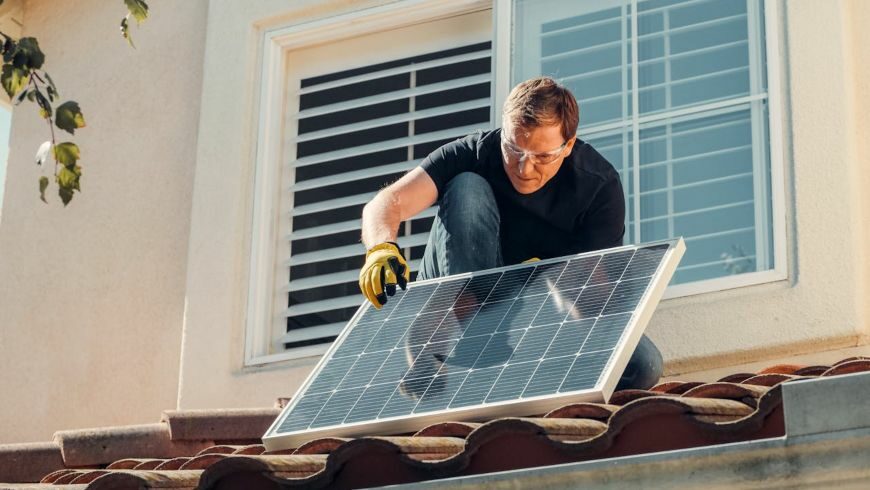
Choosing the Right Location for Your Off-Grid Home
Picking the perfect spot for living off the grid in Colorado requires thoughtful consideration. Start by evaluating the climate and accessibility of the area—snowy winters or remote locations might need extra planning. Proximity to a reliable water source, like a river, well, or natural spring, is crucial for long-term sustainability. Check local zoning laws and building codes to ensure your plans align with regulations, as some areas may restrict off-grid systems. Finally, consider whether you prefer complete solitude or being part of a like-minded community, as both options are readily available in Colorado.
Building a Sustainable Home: Key Components
Creating a self-sufficient home requires careful planning and the right systems to meet your daily needs. Here are the essential components to focus on:
- Energy: Install solar panels or wind turbines to generate renewable power.
- Water: Set up rainwater collection systems, secure access to a well, and include water purification methods to ensure a reliable, clean supply.
- Waste management: Use composting toilets and recycle organic waste to reduce your environmental footprint.
- Insulation and heating: Choose eco-friendly materials and incorporate passive solar design to maintain comfort year-round.
- Gardening: Grow your food using permaculture techniques, focusing on plants that thrive in Colorado’s climate.
With these systems in place, you can create a home that’s functional, sustainable, and aligned with your off-grid goals.
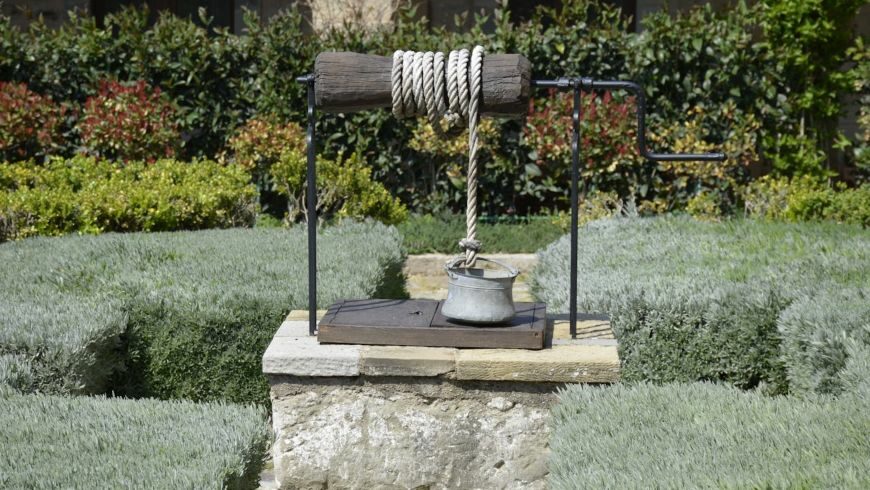
Managing Resources Wisely
Smart resource management is the key to thriving off the grid. Start by monitoring your energy usage with simple devices to avoid running out of power. Harvest and store water efficiently, using rain barrels or cisterns, and be mindful of overuse during dry seasons. Plan your meals around your garden’s seasonal yields, preserving surplus food through canning or drying. Use wood stoves or propane sparingly for heating and cooking, opting for renewable alternatives when possible. You’ll maintain a balanced and sustainable off-grid lifestyle by staying mindful of how you use and conserve resources.
Overcoming the Challenges of Living Off the Grid in Colorado
Living off the grid comes with unique challenges but is manageable with the right mindset and preparation. Isolation can be one of the biggest hurdles, so stay connected by joining local groups or attending community events. Unexpected maintenance issues may arise, so keep essential tools and spare parts on hand. Adapting to harsh weather conditions, like Colorado’s snowy winters, requires planning for adequate heating and insulation. Lastly, staying flexible and developing problem-solving skills will help you confidently tackle surprises. These obstacles are part of the journey and often lead to greater resilience and personal growth.
The Rewards of Self-Sufficiency
Living off the grid offers a sense of freedom that’s hard to match. With no utility bills to pay, you’ll enjoy financial independence while reducing your carbon footprint. A self-sufficient lifestyle also encourages a healthier way of living, from the physical work of gardening to the mental clarity of living closer to nature. You’ll experience a deeper connection with your surroundings and a sense of accomplishment from meeting your needs. Many who embrace this lifestyle find it fulfilling and transformative as they gain greater control over their lives and well-being.

Conclusion: Embrace Your Off-Grid Journey
Living off the grid in Colorado offers a rewarding and sustainable way of life that connects you to nature while giving you more control over your daily needs. By carefully selecting the right location, building with sustainable materials, and managing your resources wisely, you can create a self-sufficient home that suits your lifestyle. While challenges may arise, freedom, independence, and personal growth of off-grid living make it all worthwhile. Take the first step today and embrace the fulfilling journey of living off the grid in one of the most beautiful states in the country.
Cover image: Photo by Frank Schrader via Pexels

Author Bio: Lily Chen is a content writer at Columbine Moving and Storage, a reputable moving company that has proudly served Colorado’s Western Slope for nearly five decades. Outside of work, Lily enjoys spending time in nature, photographing the landscape, and appreciating the simplicity of outdoor living.
